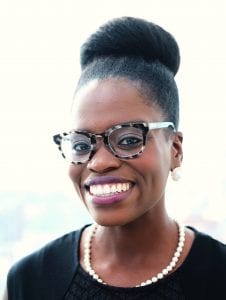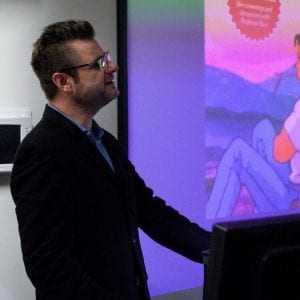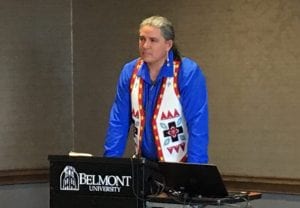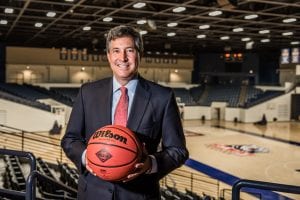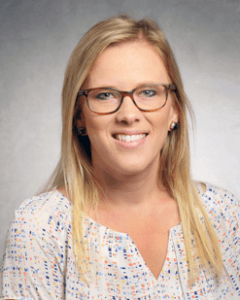Below, you will find the Teaching Center calendar of events for the Spring 2019 semester. The Teaching Center will email invitations and reminders for each event and opportunity listed.
Also, please note that the Teaching Center has been relocated to the 2nd floor of JAAC in rooms 2049/2050. We are just across from the south bank of elevators. As always, you are welcome to stop by and see us.
Lunch Discussions
Tuesday, January 22
A Native American Perspective on Inclusion for Our Classrooms
11:30am – 1:00pm
Massey Boardroom
Wednesday/Thursday, February 6/7
Short Term Study Abroad and Study Away Programs
12:00pm – 1:30pm (February 6)
11:30am – 1:00pm (February 7)
Massey Boardroom
Wednesday February 27
SoTL: Opportunities to Connect our Teaching and Learning
12:00pm – 1:30pm
Massey Boardroom
Monday, April 1
25 Years of Belmont’s Teaching Center
12:00pm – 1:30pm
Frist Lecture Hall
Mini-Workshop Series
Supporting Our Students: Campus Connections
12:00pm – 1:00pm
Wednesday, February 13
Johnson Center 423
Wednesday, March 20
Johnson 474
Sabbatical Preparation and Planning Workshop
March 6 or 7
Location and Time TBD
Reading Groups
February 5, 12, & 19 or February 8, 15, & 22
Upstream: Selected Essays by Mary Oliver
Tuesdays at 8:00am or 3:30pm or Fridays at 10:00am or noon
Location TBD
Dates, Times, and Locations TBD
Belmont Applied Teaching and Learning (BeATLe) Groups
Cheating Lessons: Learning From Academic Dishonesty by James Lang and If I Understood You, Would I Have This Look on My Face by Alan Alda
Faculty Awards Finalists Reception
Thursday, April 4
3:30pm – 4:30pm
Frist Lecture Hall
Additional Deadlines and Opportunities to Note
Tuesday, February 12 – 4:00pm
Deadline to submit Teaching Center Travel Grant application
February 5 – 22
Teaching Center Formative Reviews
Save the Dates
April 18 and May 8
Circle of Trust Retreat
Tuesday, May 7
Teaching Center Workshops

